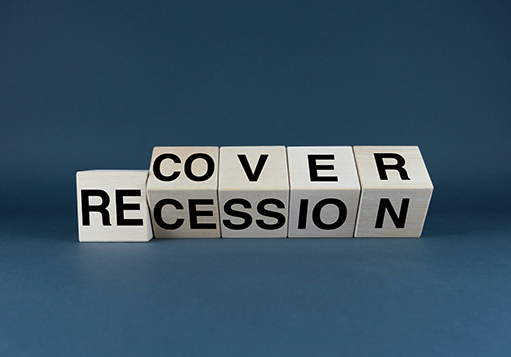
The Great Recession and COVID: a Study in Contrast
The Great Recession is nearly gone from our collective memory. But for the people who lost a house to foreclosure in the subprime mortgage scam, the recession is still affecting their finances.
The house is typically a worker’s largest asset. But 15 years after the foreclosure wave, the homeownership rate for the victims of foreclosure remains well below the rate for people who were in a similar financial position at the time but managed to hold on to their properties.
And although credit scores have improved for the 1.8 million homeowners who were foreclosed on annually between 2007 and 2013, they remain suppressed, the Federal Reserve Bank of New York reports. Their typical credit score is 700, compared with the 730 score for similar people who did not go through a foreclosure.
Lower scores make it more difficult for people who want to buy another home to qualify for a mortgage or get a favorable interest rate if a lender does approve them.
“The financial scarring has lingered” for the people who were foreclosed on, the New York Fed concluded.
The lasting damage remains relevant today for another reason too, the Fed said. The Great Recession’s after-effects are a sharp contrast with what happened in the next downturn to come along, during COVID. Foreclosures declined in 2020, despite a spike in the U.S. jobless rate to nearly 15 percent when businesses shut down and the world economy nearly ground to a halt.
During the pandemic, Congress kept workers afloat by passing a generous assistance package that included relief checks, increased child tax credits, enhanced unemployment benefits, and an automatic renewal of Medicaid benefits. The support went directly to families.
During the 2008 financial crisis, Congress addressed a stubborn period of unemployment by adding months to the federal unemployment benefits going to workers. But $500 billion in assistance also went into a rescue of the financial industry. The bailout did save some jobs and soften the blow from the recession, but the assistance for families wasn’t enough to prevent the unprecedented level of foreclosures.
What was different about COVID, the New York Fed said, is that the assistance succeeded in “reducing (and effectively eliminating) delinquency and preventing foreclosure during the most intense months of economic contraction in 2020.”
Squared Away writer Kim Blanton invites you to follow us @SquaredAwayBC on X, formerly known as Twitter. To stay current on our blog, join our free email list. You’ll receive just one email each week – with links to the two new posts for that week – when you sign up here. This blog is supported by the Center for Retirement Research at Boston College.
Comments are closed.







“Subprime mortgage scam”
Citations and documentation, please. Heckuva stand alone statement delivered as fact…
Good question Alex. Thanks for your question.
I refer you to the conclusion of the Federal Reserve study this blog is based on: https://libertystreeteconomics.newyorkfed.org/2024/05/how-are-they-now-a-checkup-on-homeowners-who-experienced-foreclosure/
A few weeks ago, I wrote a blog about the double whammy that is a trademark of our current economy – inflation and high interest rates.